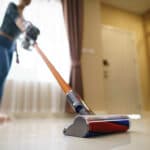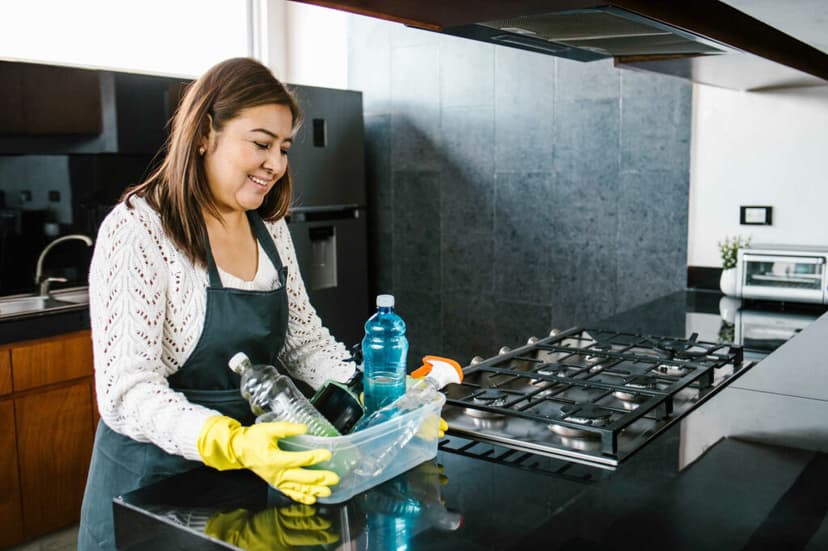How to Competitively Price a Residential Deep Cleaning
Residential Cleaning

Residential pricing doesn’t have to be complicated if you set rules and rates with which you always comply.
First off, don’t quote any residential cleaning without actually seeing the home, and make sure to visit the property before you give your estimate. I’ve made this mistake before, 10 years ago, and it caused me to work all day for low wages.
I was hired to clean a 2-bedroom/1-bathroom house, and I quoted them an initial clean of $100 because they didn’t want their linens and windows washed or their kitchen cabinets emptied and wiped out.
When I arrived at the house, however, I realized that they had two cats, two dogs, and three birds in the home — and none were housetrained. I probably should have attempted to adjust the price I had quoted them, but I did the 9-hour job to the best of my ability for my initial price.
The homeowners were elated with my work, but I was not satisfied with my pay, so I didn’t clean for them anymore.
For this reason, it’s better to offer free in-home quotes or estimates. Spend a little gas money to give the quote because it’s better than getting low wages for a hard day’s work.

To correctly deep clean a house, you need to clean under, around, above, and inside everything except for the client’s bedroom drawers and closets. This type of cleaning requires much more time and effort than a standard house cleaning. Setting an hourly rate for residential deep cleaning is the first and most important thing to do to protect your profits.
If a job requires four cleaners, I’d quote the homeowner or tenant an hourly rate of $107 per hour. This way, I can promise it to be done swiftly and correctly. The more people you have cleaning the home, the quicker it can be completely clean.
On the other hand, some cleaners prefer a flat rate method because you have the possibility to drastically increase profits — but it can be a gamble on deep cleanings. There is so much you can’t see before you begin a deep cleaning that can end up cutting into your allotted time that can take away from your profit margin.
Starting any new client off with an initial deep cleaning will not only give you a chance to show off your cleaning skills, but your job will also be easier if they want a regular service.
When clients seem hesitant about signing up for a deep clean, assure them your work will be right or you will fix it for free. This helps to sell them initially.
You should also ask them to be present before you begin and when you finish. A final walk-through with you and the client allows you to promptly correct anything they are unhappy about. If you’re not sure exactly when you could finish, you could offer the client a courtesy call or text when you’re within a half-hour of completing the job.
Above all, assuring your clients that you will care for their home as if it were your own can help instill confidence in your professional cleaning ability.

The best tip I have for pricing for residential deep cleaning is to charge hourly, as each home and person’s priorities are different. I have found that customizing my cleaning service to each client ensures the long-term utilization of my services.
Getting in a hurry to do the job is not wise when you’re working with residential homes. Most people have sentimental attachments to their things, so it’s best to not rush through handling and moving client possessions to clean them.
For more cleaning service tips, check out our other articles from professional cleaners.